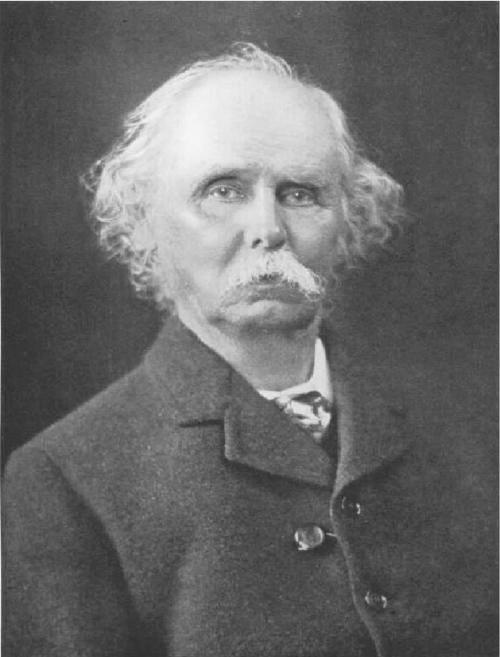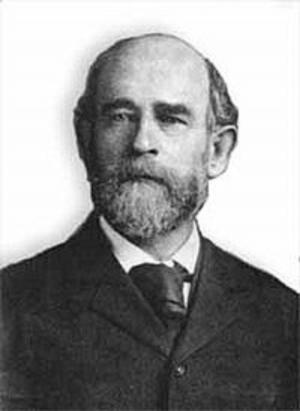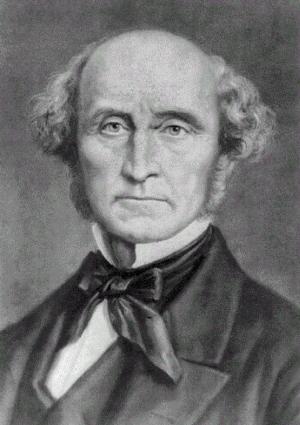ELEMENTS OF ECONOMICS OF INDUSTRY (Illustrated)
Business & Finance, Economics, Macroeconomics, Theory of Economics| Author: | Alfred Marshall | ISBN: | 1230000269718 |
| Publisher: | AS Team | Publication: | September 22, 2014 |
| Imprint: | Language: | English |
| Author: | Alfred Marshall |
| ISBN: | 1230000269718 |
| Publisher: | AS Team |
| Publication: | September 22, 2014 |
| Imprint: | |
| Language: | English |
The book has an active table of contents for easy access to each chapter.
Marshall is in the row with the greatest economists Adam Smith, David Ricardo, John Keynes, John Locke, Frederic Bastiat, and John Stuart Mill. He coined the important economic concept of price elasticity of demand to quantify consumer sensitivity to price.
His contributions to the theory of cost, Money, Credit and Commerce have become the foundation for the Austrian schools of thought.
Marshall’s approach to pricing using supply and demand also laid the cornerstone work for future generations of economists in developing models to forecast price changes based on the factors inherent in supply and demand.
Alfred Marshall wrote Principles of Economics to improve the mathematical structure of economics and to transform it into a more scientific major. He laid out the following system to define the boundary of mathematics and economics:
(1) Use mathematics as shorthand language, rather than as an engine of inquiry.
(2) Keep to them till you have done.
(3) Translate into English.
(4) Then illustrate by examples that are important in real life
(5) Burn the mathematics.
(6) If you can’t succeed in 4, burn 3. This I do often.
ELEMENTS OF ECONOMICS OF INDUSTRY by Marshall is an adapted version of Principles of Economics without using math for layman.
The great thoughts about the rent by David Ricardo and Alfred Marshall also strongly influenced Henry George, one of the greatest American economists, to lay the theoretical foundation for the property tax system that is still influencing American economy today.
Marshall’s reasoning still remains as relevant today as it was then. This book is one of the most important ones about the deepest thoughts of economics by Alfred Marshall, one of the greatest thinkers of political economics on the planet.
The book has an active table of contents for easy access to each chapter.
Marshall is in the row with the greatest economists Adam Smith, David Ricardo, John Keynes, John Locke, Frederic Bastiat, and John Stuart Mill. He coined the important economic concept of price elasticity of demand to quantify consumer sensitivity to price.
His contributions to the theory of cost, Money, Credit and Commerce have become the foundation for the Austrian schools of thought.
Marshall’s approach to pricing using supply and demand also laid the cornerstone work for future generations of economists in developing models to forecast price changes based on the factors inherent in supply and demand.
Alfred Marshall wrote Principles of Economics to improve the mathematical structure of economics and to transform it into a more scientific major. He laid out the following system to define the boundary of mathematics and economics:
(1) Use mathematics as shorthand language, rather than as an engine of inquiry.
(2) Keep to them till you have done.
(3) Translate into English.
(4) Then illustrate by examples that are important in real life
(5) Burn the mathematics.
(6) If you can’t succeed in 4, burn 3. This I do often.
ELEMENTS OF ECONOMICS OF INDUSTRY by Marshall is an adapted version of Principles of Economics without using math for layman.
The great thoughts about the rent by David Ricardo and Alfred Marshall also strongly influenced Henry George, one of the greatest American economists, to lay the theoretical foundation for the property tax system that is still influencing American economy today.
Marshall’s reasoning still remains as relevant today as it was then. This book is one of the most important ones about the deepest thoughts of economics by Alfred Marshall, one of the greatest thinkers of political economics on the planet.















